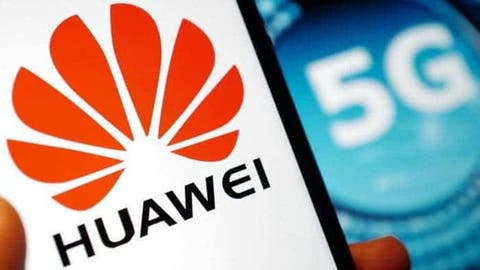Ren Zhengfei, the founder and president of Huawei, recently said in an interview with the South China Morning Post, that 5G will be more relevant for business (commercial) customers than for overall users. This may seem a strange claim, in times where many companies are trying to force users to switch to 5G smartphones and adapt to the new network standards. However, Huawei’s headman claims really make sense.
According to Mr. Zhengfei, Huawei Songshan Lake Park was built with 5G, and Saudi Oilfield also used Huawei’s 5G to build an Industrial park network. He states that in the future, the network will not mainly provide large traffic. After all, if it only serves for providing ultra-large-scale traffic, the new network will be considered a failure. 5G should open a lot of possibilities that can be limited to what 4G currently is. The new network is suitable for Industrial control. It features high-bandwidth, low latency, and other functions that are important to industrial manufacturing.
He states that some industrial manufacturing processes, such as aircraft manufacturing plants and other factories, can completely use 5G automation and artificial intelligence management. However, for precise manufacturing, there are still some barriers that must be broken by the new network and they are adapting.
“5G is for enterprise business, this is called ToB, and it is ToC for consumers. We believe that the biggest use right now is ToB, which is for commercial users to create advanced things. For example, the large open-pit mine in Brazil can switch its workforce to 5G control. Large farms can also adapt to 5G automation. Tractors would be able to cultivate land 24-hours, as long as you remember to refuel. In places like Africa, if there is agricultural machinery working 24 hours, how good will these technologies be for the country? There are many uses for 5G in its current state, and it’s a new technology yet. It didn’t reach a very strong level in the use of functions. It will grow even further in the coming years.”
Ren Zhengfei gave us some insight regarding the next-gen 6G networks. According to him, 6G has not yet broken through in theory and other aspects. However, the next network standard should be ready for use by 2030.
Follow Gizchina.com on Google News for news and updates in the technology sector.

